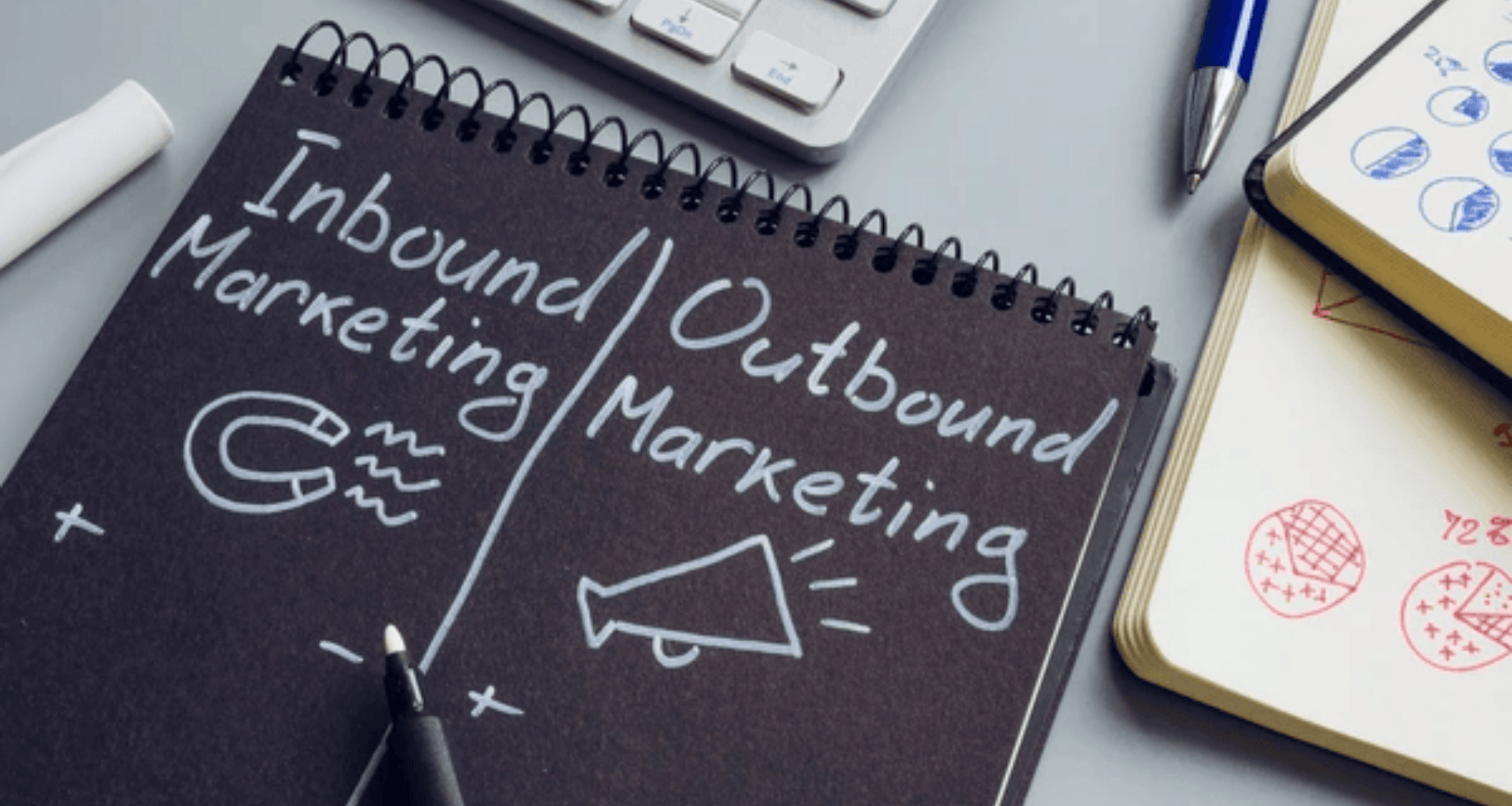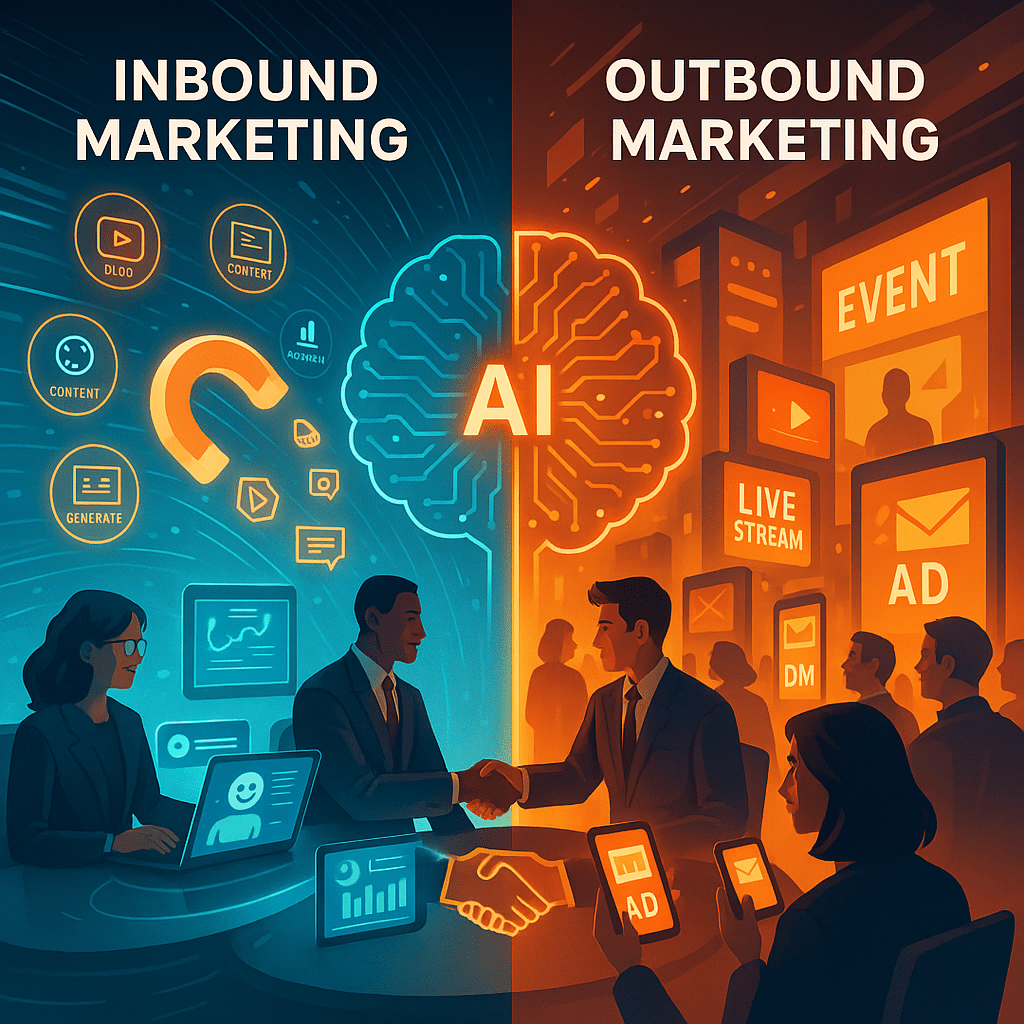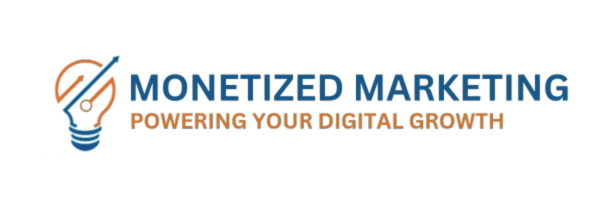
When it comes to marketing, many people get stuck on the question: “Should I focus on inbound or outbound?”
Here’s the real answer: You don’t have to choose. The most successful brands today are blending both. They’re creating systems that pull the right people in and follow up with the right message at the right time. It’s not either/or—it’s both/and. And when you do it right, it’s a game changer.
At Monetized Marketing, we teach entrepreneurs how to use simple, effective marketing systems to create real business results.
Let’s break it down in a way that makes sense and helps you take action.
What’s the Difference?
Inbound marketing is like a magnet. It attracts people to you with valuable content, like blogs, videos, or helpful tips on social media. They find you when they’re searching for answers. It builds trust. It’s slow and steady, but powerful.
Outbound marketing is more like a spotlight. You’re reaching out to people directly—maybe through ads, emails, or even DMs—putting your message in front of them before they even know they need you. It’s fast. It gets you seen.
Inbound makes people trust you. Outbound makes people notice you. Put them together, and you’ve got attention + trust = action.

Why Combining Them Just Works
Here’s why the smart businesses are using both:
- You Cover More Ground
Some people are out there Googling solutions. Others don’t even know they have a problem yet. Inbound helps the searchers. Outbound catches the scrollers. Together, you’re showing up everywhere your ideal client might be.
- You Speed Up the Buyer’s Journey
Someone might find your blog (inbound), read it, and then see your ad a few days later (outbound). That second touchpoint reminds them who you are—and builds confidence. It keeps your brand top-of-mind and helps close the gap between interest and decision.
- You Build a Stronger Brand Presence
When you show up in multiple places, consistently, your brand starts to stick. You’re not just a solution—you become the solution.
- You Maximize Every Lead
Not everyone is ready to buy the first time they find you. You can keep the conversation going with a mix of retargeting ads, email follow-ups, and ongoing content. That’s how trust is built—and sales happen.
- You Get the Best of Both Worlds
Inbound is great for building long-term trust and SEO traffic. Outbound gives you fast feedback and immediate reach. When you do both, you’re building while you scale.
5 Ways to Combine Inbound + Outbound Without Overthinking It
- Turn One Piece of Content into a Whole Campaign
Say you write a blog post that answers a big question your audience has. Don’t stop there. Pull a quote and post it on Instagram. Run a Facebook ad promoting it. Share it in your next email. Record a short video explaining the concept. Now, one idea becomes five touchpoints.
- Retarget People Who Already Know You
If someone visits your site but doesn’t take action, that doesn’t mean they’re not interested. They might just need a nudge. Use outbound ads to follow up. Show them a testimonial. Offer a free resource. Keep the conversation going.
- Send Smarter Emails
Email isn’t dead—it just needs a purpose. Instead of blasting out promos, use inbound data (like what content they clicked on) to guide your outbound message. Did they read your blog about lead generation? Send them a case study showing how you helped another client do that.
- Use Live Events to Attract AND Convert
Host a live webinar (inbound strategy). Use ads to promote it (outbound). Teach something valuable. Then follow up with every attendee and offer a simple next step. That one event can build authority and drive leads at the same time.
- Keep It All Simple + Consistent
The magic isn’t in having the most complicated funnel. It’s about being clear, consistent, and valuable—everywhere you show up. One clear message across your blog, ads, emails, and social? That’s what builds brand momentum.
Watch Out For These Mistakes
Here’s what can slow you down when combining strategies:
- Too many messages, not enough clarity: If every ad and blog says something different, people won’t know what you stand for.
- Overcomplicating the system: You don’t need 12 tools and 8 funnels. Keep it lean and focused.
- Talking to everyone instead of someone: Generic messages miss the mark. Tailor your approach to your real audience.
- Not tracking what’s working: Use data to see which messages, platforms, and strategies drive the best results. Then do more of that.

Ready to Build a Strategy That Grows With You?
At Monetized Marketing, we help entrepreneurs like you build lean, smart, scalable marketing systems that actually work. We mix strategy with simplicity—and teach you how to create a flywheel that keeps generating leads, even when you’re not actively posting.
Combining inbound and outbound marketing isn’t just a tactic. It’s a mindset shift. It’s how modern businesses grow faster, smarter, and stronger.
If you’re ready to turn your content into conversions, your ads into conversations, and your leads into long-term clients, let’s talk. We’ll help you build a good strategy that works well and gets real results.
